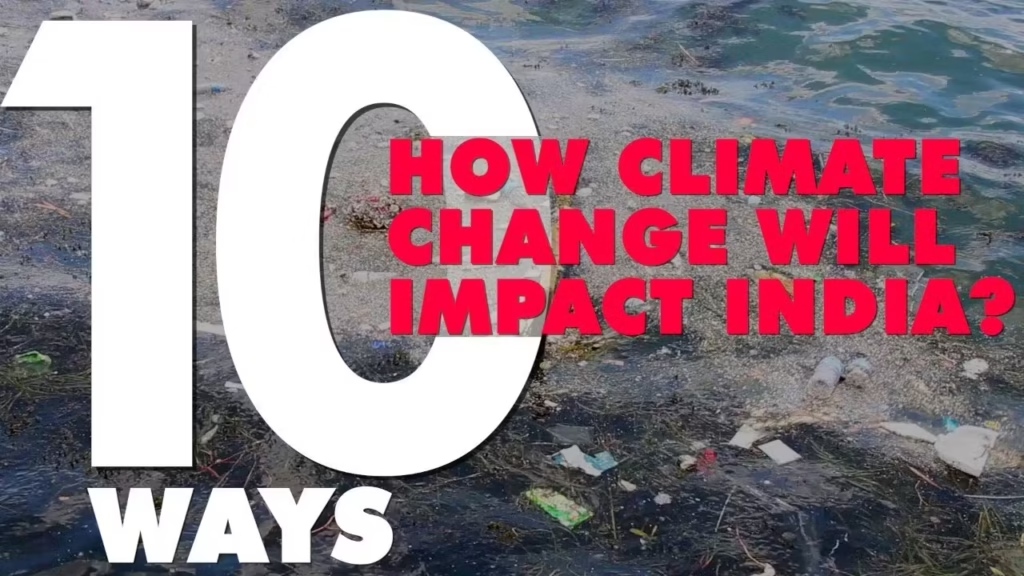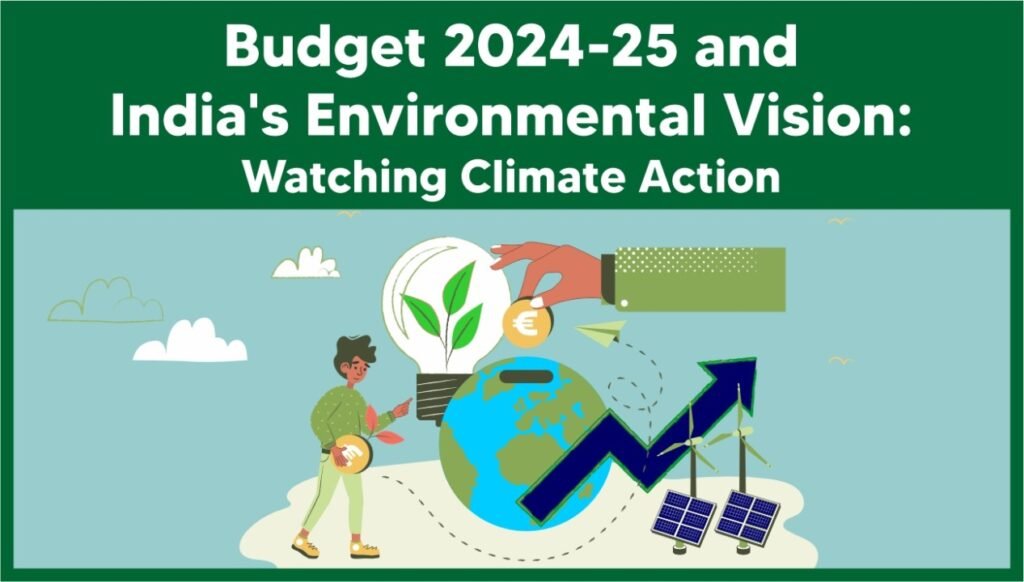

India, one of the world’s largest carbon emitters, is set to miss the February deadline for submitting its updated Nationally Determined Contributions (NDCs) under the Paris Agreement. This delay raises concerns about India’s commitment to climate goals and its implications for global climate change initiatives. This blog delves into the reasons behind the delay, its impact on India’s environmental policies, and what it means for global sustainability efforts.
1. Understanding the Paris Agreement and NDCs
The Paris Agreement is a global pact that aims to limit global warming to below 2°C above pre-industrial levels, with efforts to restrict it to 1.5°C. Under this agreement, countries submit Nationally Determined Contributions (NDCs) outlining their emission reduction targets and climate action plans. These NDCs must be updated every five years to reflect progressive climate goals.
India, as a signatory, has committed to reducing emissions intensity and increasing renewable energy use. However, the delay in submitting its updated NDCs raises concerns about the country’s ability to meet its commitments. Without a clear roadmap, achieving long-term sustainability goals becomes more challenging.
2. Why India is Delaying Its Climate Action Plan
One of the major reasons behind India’s delay is the pressure of transitioning to green energy. The shift from coal dependency to renewable energy requires significant financial investments, which pose a challenge for a developing nation. India has been seeking international financial assistance to support its transition, but securing sufficient funding has been slow.
Additionally, policy coordination between central and state governments has been a hurdle. Different regions have different energy needs, making it difficult to implement a unified climate strategy. Bureaucratic delays and conflicting interests have further contributed to the missed deadline.
3. Impact on India’s Climate Policies
The delay in submitting the updated climate plan could affect India’s internal environmental policies. Key projects in renewable energy and emission reductions may face setbacks due to the lack of a clear directive. Industries that rely on fossil fuels may continue to expand without immediate regulatory pressure.
Moreover, without an updated NDC, India risks losing credibility on the global stage. Countries that are actively working toward their climate goals may perceive India’s delay as a lack of commitment, potentially affecting its international partnerships in sustainability initiatives.
4. Global Repercussions of India’s Missed Deadline
India’s failure to submit its updated action plan could have far-reaching global consequences. As the world’s third-largest carbon emitter, India plays a crucial role in the fight against climate change. The delay could weaken the collective global efforts to meet the Paris Agreement targets, as other nations may also hesitate to fulfill their commitments. If major developing economies delay their climate actions, it could lead to a domino effect, slowing global climate progress.
Additionally, India’s delay could impact international climate negotiations. Developed nations that provide climate financing to developing countries may demand stricter conditions or delay their support. India has been advocating for more financial aid and technology transfer from richer nations to help achieve its sustainability goals. However, without an updated action plan, it may lose leverage in negotiations for these crucial resources.
5. Challenges in Achieving India’s Climate Goals
One of the biggest obstacles India faces in its transition is its reliance on coal. Despite increasing investments in renewable energy, coal remains the backbone of India’s energy sector, supplying over 50% of its electricity needs. Phasing out coal requires large-scale infrastructure changes, financial backing, and workforce retraining, all of which take time and resources. The lack of a well-defined, updated climate plan further complicates this transition.
Another challenge is balancing economic growth with sustainability. As a developing nation, India prioritizes industrial expansion, job creation, and poverty alleviation. However, implementing stricter climate regulations might slow economic activities in sectors like manufacturing and mining. The government must find a way to implement climate-friendly policies without negatively impacting economic development and employment.
6. The Road Ahead: How India Can Regain Momentum
To overcome its climate action delays, India must accelerate policy implementation and improve coordination between central and state governments. One way to do this is by introducing stricter regulations for industries with high carbon footprints while simultaneously providing incentives for green energy adoption. Streamlining approval processes for renewable energy projects can also help accelerate progress.
Additionally, India should leverage international partnerships to secure financing and technological support. Collaborating with developed nations and global institutions can provide the necessary resources to transition to clean energy. By taking proactive steps, India can regain its position as a global leader in sustainability and ensure long-term environmental protection.
7. Role of Public and Private Sectors in Climate Action
India’s government alone cannot achieve its ambitious goals; the private sector must also play a major role. Large corporations, especially in industries like energy, manufacturing, and transportation, need to commit to reducing emissions and investing in sustainable solutions. The government can encourage this by offering tax benefits and subsidies for companies that prioritize green energy and carbon reduction initiatives.
At the same time, public awareness and participation are crucial. Citizens can contribute by adopting energy-efficient practices, supporting eco-friendly businesses, and holding the government accountable for its commitments. Grassroots movements and activism can further push policymakers to take decisive actions and meet global climate targets.
8. Will India Meet Its Future Climate Deadlines?
Additionally, India has missed this deadline, there is still hope for progress. The government has ambitious targets, such as achieving 500 GW of renewable energy capacity by 2030 and becoming net-zero by 2070. However, achieving these goals will require not only policy changes but also rapid execution and strong financial backing.
If India can address its challenges, secure necessary funding, and ensure policy enforcement, it has the potential to catch up on its climate commitments. The next few years will be crucial in determining whether India can remain on track to meet its long-term sustainability goals or if further delays will push it off course.
Buy Domin and Hosting with our trusted websites
https://www.hostinger.in/
https://www.bluehost.com/
Visit our Website
https://spotself.com/




Leave a Reply